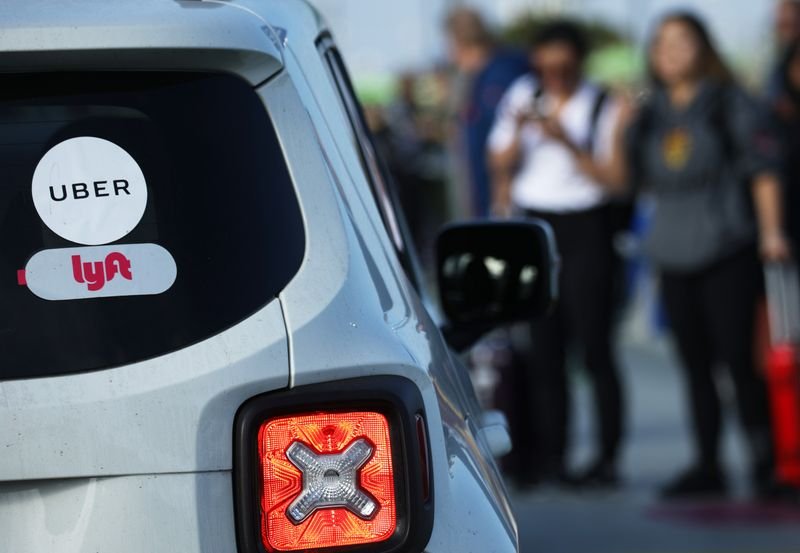Uber & Lyft Accidents
Rideshare accidents involving Uber and Lyft present unique legal challenges due to the involvement of multiple parties and complex insurance policies. As rideshare services continue to expand in California, our legal team at Primo Law has developed the expertise to handle these intricate cases effectively. We are well-versed in the specific regulations and insurance issues related to Uber and Lyft accidents, enabling us to provide tailored advice and comprehensive support.

Unique Challenges After a Rideshare Accident
Victims of Uber and Lyft accidents face specific challenges that can complicate their recovery and the legal process:
⦁ Complex Insurance Policies: Rideshare drivers are covered by different insurance policies depending on their status (waiting for a ride request, en route to pick up, or carrying a passenger). Navigating these policies can be challenging.
⦁ Multiple Liable Parties: Determining liability can be complex due to the involvement of the rideshare company, the driver, other motorists, and possibly third parties.
⦁ Regulatory Challenges: Rideshare services operate under specific regulations that can impact your case, requiring a deep understanding of these laws.
⦁ Proving Fault: Gathering evidence to prove fault in a rideshare accident can be more complicated due to the need to access rideshare company records and data.
⦁ Medical and Financial Strain: The combination of medical bills, lost income, and other expenses can place a significant financial burden on accident victims.
⦁ Emotional Impact: The stress and trauma from the accident can have lasting emotional effects, making recovery more challenging.
Our dedicated team of attorneys is here to guide you through every step of the legal process, ensuring that you receive the support and compensation you deserve.
Contact us today for a free consultation to discuss your rideshare accident case and learn how we can assist you in securing the justice and recovery you deserve.
Fact and Myth
Myth: Many people believe that rideshare companies always accept responsibility for accidents involving their drivers. In reality, Uber and Lyft often try to distance themselves from liability, arguing that drivers are independent contractors rather than employees.
